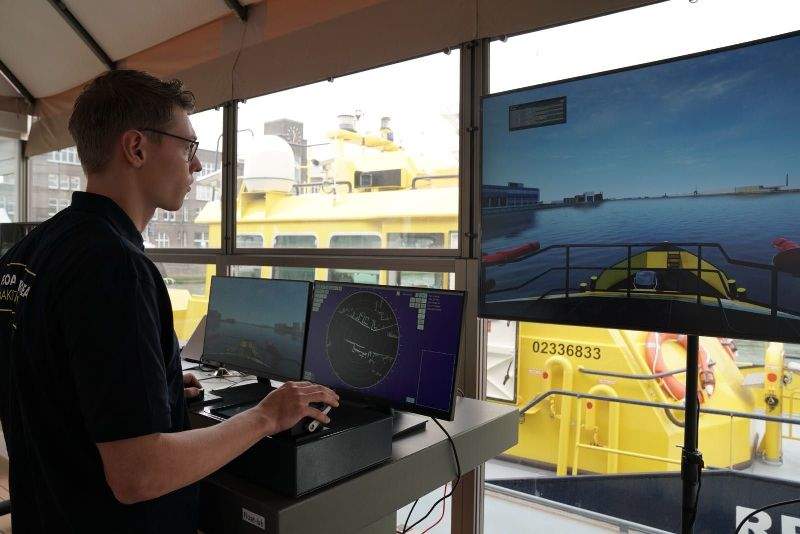
The Port of Rotterdam Authority in the Netherlands has tested autonomous navigation by converting a former patrol vessel into a floating lab to collect various data.
The lab is equipped with cameras, sensors and measurement equipment to offer a range of data, including information about weather and water conditions, as well as the vessel’s operation, power and engine.
The data is expected to help the business and education communities to advance research on autonomous navigation and help the Port of Rotterdam to prepare for an automated future.
Port of Rotterdam also plans to use the floating lab to test other applications such as automatic inspection of quay walls or detection of objects in the water using cameras.
The port will also examine the potential of combining the use of land and water-based sensors to develop a network and smart infrastructure.
Port of Rotterdam Authority COO Ronald Paul said: “The Port of Rotterdam Authority is continuously examining how our port can be even safer, more efficient and better. By cooperating with other parties, including by making our data available, we aim to promote the development of new technologies and investigate the impact of these on the port and port facilities.
How well do you really know your competitors?
Access the most comprehensive Company Profiles on the market, powered by GlobalData. Save hours of research. Gain competitive edge.

Thank you!
Your download email will arrive shortly
Not ready to buy yet? Download a free sample
We are confident about the unique quality of our Company Profiles. However, we want you to make the most beneficial decision for your business, so we offer a free sample that you can download by submitting the below form
By GlobalData“We expect the arrival of autonomous navigation to further increase the safety and accessibility of the Port of Rotterdam and, moreover, it will be an effective aid for skippers and shipping traffic controllers.
“That is why the Port of Rotterdam Authority aims to test this application, which has already been used in aviation for many years, together with other parties.”
The port authority has already signed its first deal to exchange data from the floating lab with software development start-up Captain AI.
Under the deal, Captain AI will add artificial intelligence to the collected data that will teach computers as artificial captains to navigate independently through the port.







